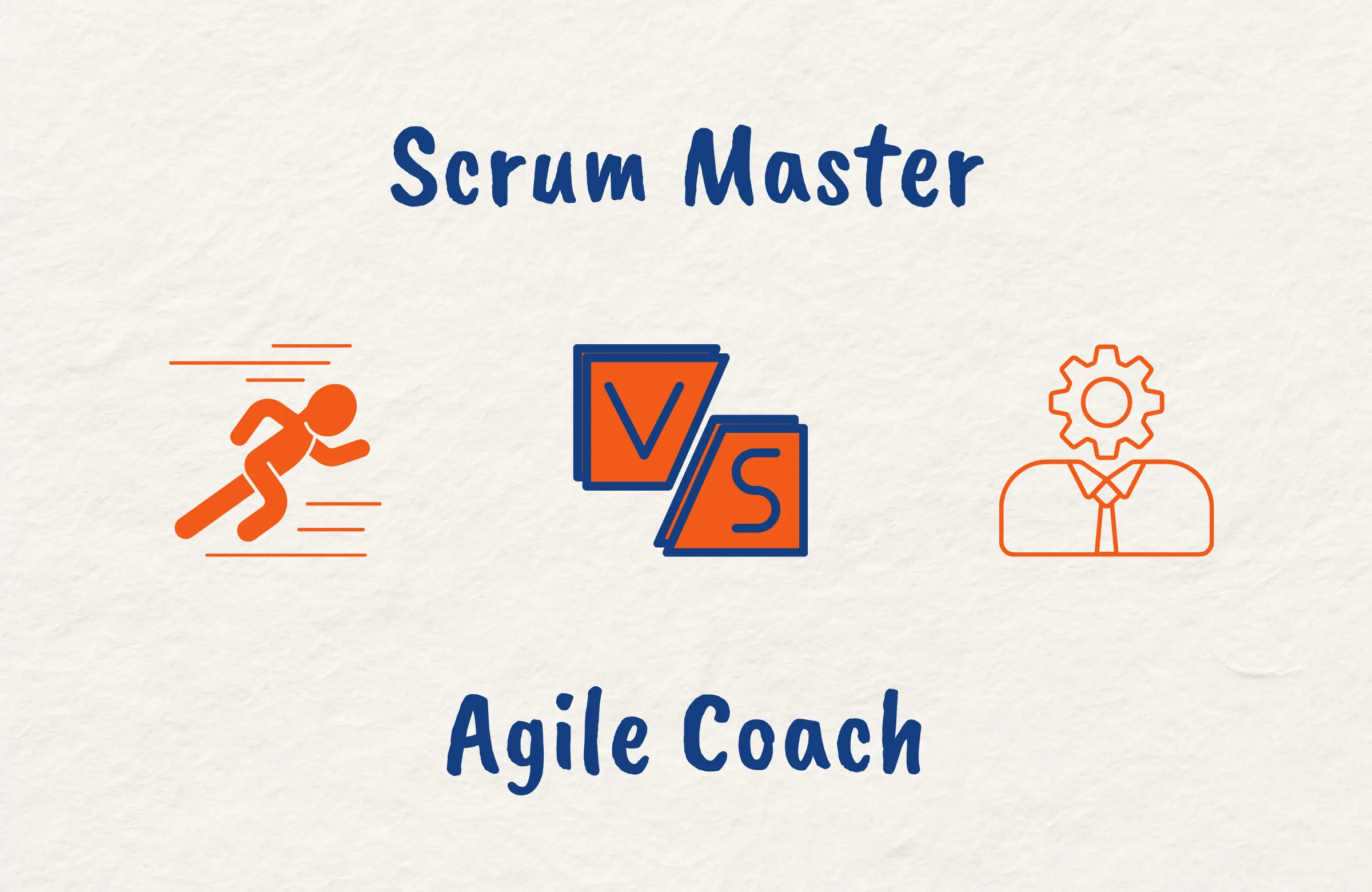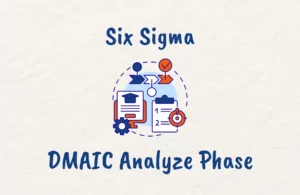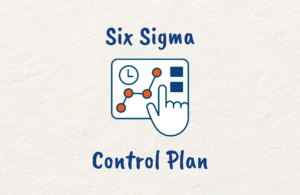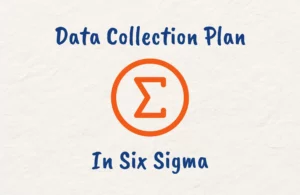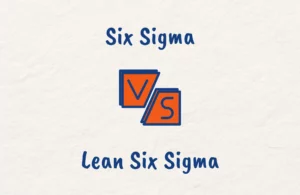As organizations adopt Agile methodologies like Scrum, two key roles emerge to guide teams: the Agile Coach and the Scrum Master.
While they both serve critical functions in an Agile transformation, their scopes happen to differ. An Agile Coach works at the organizational level, while a Scrum Master focuses on one team.
In this post, we’ll compare Scrum Master vs Agile Coach roles in-depth to understand the distinctions between them, as well as the responsibilities, skills, training, and salaries of each role.
You’ll also learn how Scrum Masters can transition into the Agile Coach role over time through experience and certifications.
Difference Between Agile Coach and Scrum Master
Bottomline Upfront: The main difference between a Scrum Master and an Agile coach lies in their scope of operation.
While a Scrum Master focuses on one team, providing hands-on facilitation and coaching, an Agile Coach on the other hand works at the organizational level, guiding multiple teams and leaders on enterprise Agile adoption and transformation.

What Does an Agile Coach Do?
An Agile Coach works with teams across an organization to implement Agile methodologies like Scrum or Kanban by providing training on Agile tools and practices, as well as mentoring leaders on adopting an Agile mindset.
Coaches plan Agile training sessions and facilitate important events like Sprint Planning meetings and Retrospectives for multiple teams. They establish best practices and help resolve impediments that cross team boundaries.
Agile Coaches also guide senior management on transitioning to Agile and may recommend changes to organizational policies or procedures to enable agility.
As more teams embrace iterative approaches, the Agile Coach makes sure they adhere to frameworks and processes and builds connections between teams to encourage knowledge sharing.
An experienced Agile Coach can drive organization-wide transformation by coaching teams as well as leaders.
Agile Coach Required Skills
To be an effective Agile Coach who can drive an agile transformation requires a broad set of technical and soft skills.
The required technical skills include:
- Agile Framework Expertise: You should have deep knowledge of frameworks like Scrum, Extreme Programming (XP), and Kanban to guide teams.
- Agile Principles and Values: An Agile Coach must embody Agile values like transparency and collaboration.
- Project Management Skills: Agile planning, execution, and delivery expertise are crucial.
- Engineering Practices: A background in Agile software development and engineering practices is beneficial.
- Certifications: Obtaining certifications like PMI-ACP demonstrates your Agile competency.
Required soft skills include:
- Communication and Listening: Connect with diverse teams and leadership through clear communication.
- Facilitation Abilities: Lead productive workshops, retrospectives, and other Agile ceremonies.
- Influence and Change Management: Transform culture by empowering and guiding change.
- Patience and Empathy: Coach teams through challenges with understanding and perseverance.

What Does a Scrum Master Do?
A Scrum Master facilitates the work of a single Agile team helping team members understand Scrum theory and practices through training and coaching.
The Scrum Master works closely with the Product Owner to guide the team in effective Sprint Planning and backlog refinement, and leads regular Scrum events like Daily Standups, Sprint Reviews, and Retrospectives.
An engaged Scrum Master will know their team’s strengths and weaknesses and find ways to optimize team collaboration and performance.
Scrum Masters also buffer the team from outside interference and distractions with a focus on removing any obstacles or impediments that are blocking the team from delivering work efficiently.
They make sure the team adheres to Scrum values and principles while meeting their Sprint commitments. An empowered Scrum Master enables continuous improvement by helping their team inspect and adapt.
Scrum Master Required Skills
Similarly, to be an effective Scrum Master that enables team high performance, you need both technical expertise and soft skills.
Technical Skills required for a Scrum Master include:
- Scrum Framework Knowledge: A Scrum Master must fully understand Scrum theory, values, Scrum artifacts, and events.
- Agile Practices: Experience with practices like user stories, estimation, and retrospectives is essential.
- Engineering Methods: Familiarity with Agile engineering techniques helps guide development teams.
- Coaching Ability: Help team members excel through motivational coaching and mentoring.
- Certifications: Earning certifications like PSM demonstrates Scrum mastery.
Scrum Master soft skills include:
- Facilitation Skills: Lead standups, planning, reviews, and retrospectives productively.
- Communication Skills: Connect with the team through active listening and clear communication.
- Servant Leadership: Take a collaborative, supportive approach to empower the team.
- Problem-solving: Detect and remove impediments blocking team progress.

Scrum Master vs Agile Coach
While both are crucial and similar Agile roles, there are important distinctions between an Agile Coach and a Scrum Master.
Understanding these differences allows organizations to better leverage both roles for a successful Agile implementation.
Here are some key differences between the Scrum Master and Agile coach roles:
Scope and Focus
The Agile Coach works at the organizational level to transform culture and processes to enable enterprise agility and takes a broad view of the organization’s Agile adoption.
The Scrum Master on the other focuses on one team, providing guidance and coaching to optimize their collaboration and performance with a view that is limited to just that team.
Responsibilities
Agile Coaches plan training, facilitate events, establish best practices, advise leadership, and break down barriers between teams.
Scrum Masters ensure the team understands Scrum, facilitate Scrum events, guide the Product Owner, remove team impediments, and shield the team from interference.
Experience Level
An Agile Coach is typically a more experienced role held by a seasoned Scrum Master who has moved to an organizational level.
A Scrum Master role is an entry-level position that focuses on one team and can progress to the Agile Coach role with training and experience.
Knowledge and Skills
Agile Coaches require extensive soft skills and possess a broad knowledge of organizational change, leadership, and various Agile frameworks.
Scrum Masters primarily need expertise in the Scrum framework and the ability to coach a single team.
Duration
An Agile Coach temporarily coaches an organization through transition and then moves on once the culture has changed.
A Scrum Master remains with one team long-term to facilitate their work throughout a project or product lifecycle.
Training and Oversight
Agile Coaches train leaders and teams across the organization in all aspects of Agile adoption.
Scrum Masters on the other hand train their individual team in Scrum practices and guide them long-term in applying the framework.
How to Become an Agile Coach
With the right experience, skills, and proactive job search, you can transition into an Agile Coach role.
If you want to become an Agile Coach, there are some key steps to get started in the role:
1. Gain Relevant Experience
- Work for several years as a Scrum Master to gain hands-on expertise facilitating Agile teams, then mentor under an experienced Agile Coach.
- Take on Agile coaching responsibilities informally to build skills. Shadow an Agile Coach and assist them with training sessions.
- Work in management consulting or change management roles to develop organizational transformation experience.
2. Obtain Agile Certifications
- Earn credentials like PMI-ACP, CEC, or ICE-AC to validate your Agile coaching competency.
- Maintain Scrum Master certifications like CSM to demonstrate current knowledge.
- Get certified in Agile scaling frameworks like SAFe to show you can coach multiple teams.
3. Develop Critical Skills
- Hone soft skills in communication, collaboration, and executive coaching.
- Improve facilitation and presentation abilities to deliver impactful training.
- Read books and blogs from industry experts to stay updated on the latest Agile trends.
- Maintain membership in Agile coaching communities to exchange knowledge.
4. Look for Agile Coach Roles
- Check job boards, networking sites, and company career pages for open Agile Coach positions.
- Talk to recruiters at talent acquisition firms to find unadvertised opportunities.
- Use your network to connect with internal contacts and get introductions.
How to Become a Scrum Master
If you want to become a Scrum Master, here are some key steps to ramp up in this role:
1. Learn the Scrum Framework
- Thoroughly study the Scrum Guide to gain in-depth knowledge of Scrum theory and rules.
- Take online courses on Scrum fundamentals and pass assessments to test comprehension.
- Join local Scrum Meetups and user groups to connect with practitioners and discuss learnings.
2. Earn Scrum Master Certification
- Obtain a respected Scrum Master certification like CSM or PSM to validate capabilities.
- Renew Scrum certifications regularly to stay current on framework updates.
- Consider getting certified in complementary frameworks like Kanban.
3. Build Technical Skills
- Take project management courses to develop core skills for Scrum execution.
- Learn Agile engineering practices used by software teams.
- Gain experience with Agile tools like JIRA and TFS that teams utilize.
4. Develop Soft Skills
- Improve facilitation skills through books, classes, and practice running meetings.
- Work on communication, active listening, and motivational coaching abilities.
- Read leadership books to understand servant leadership and adopt this mindset.
5. Find Scrum Master Opportunities
- Look for Scrum Master roles on job sites, leveraging networks for introductions.
- Consider freelancing as a Scrum Master to gain experience working with multiple teams.
- Transition from a project manager or developer role within an organization into a Scrum Master.

Agile Coach vs Scrum Master Salary
There is a significant difference in salary when comparing an Agile Coach vs Scrum Master role.
According to Glassdoor, the average salary for an Agile Coach in 2024 is around $130,000 annually. More experienced executive coaches can earn over $150,000. For Scrum Masters, the average salary is approximately $113,000 per year.
Variances are driven by factors like location, industry, company size, and years of expertise.
Typically, Agile Coaches command higher compensation than Scrum Masters due to their advanced skills and broader organizational scope. However, both roles offer strong earning potential for dedicated Agile practitioners.

How to Transition from Scrum Master to Agile Coach
With broadened Agile knowledge, advanced skills, and hands-on experience, Scrum Masters can make the transition into the Agile Coach role.
Here is a roadmap you can follow to transition from a Scrum Master to Agile Coach:
1. Build a Solid Foundation as a Scrum Master
- Spend several years deeply immersed as a Scrum Master to gain mastery of facilitation.
- Seek opportunities to informally mentor other Scrum Masters to develop coaching abilities.
- Work with diverse teams and companies to build a well-rounded experience.
Expand Knowledge - Learn a breadth of Agile approaches like XP, Kanban, and SAFe.
- Read books and take courses to stay on top of the latest trends and best practices.
- Maintain strong expertise in Scrum while broadening your Agile fluency.
2. Develop Key Skills
- Level up soft skills like influence, collaboration, and executive communication.
- Improve training and presentation capabilities.
- Seek experience guiding organizational change initiatives.
3. Obtain Advanced Certifications
- Gain Agile coaching credentials like ICE-AC to demonstrate expertise.
- Achieve certifications in Agile scaling frameworks.
Conclusion
As you have seen, Agile Coaches and Scrum Masters play integral yet distinct roles in enabling organizational agility. While their responsibilities overlap, Scrum Masters operate at the team level while Agile Coaches work organization-wide.
Understanding the differences in focus, experience, and skills allows you to determine which role aligns better with your talents and interests.
With the right certifications and soft skills, progressing from Scrum Master to Agile Coach can advance your Agile career. Leveraging both positions drives greater business agility and faster value delivery.
FAQs
Should Scrum Masters report to Agile Coach?
Not necessarily. Scrum Masters and Agile Coaches have distinct roles and responsibilities. While they may collaborate closely, the reporting structure may vary depending on the organization.
It’s essential to consider the specific needs and dynamics of your team to determine the most effective reporting arrangement.
What is the Career Path for an Agile Coach?
The career path for an Agile Coach typically involves progressing from entry-level coaching roles to more senior positions. This can include roles such as Agile Coach, Senior Agile Coach, Agile Transformation Lead, or Agile Practice Manager.
Continuous learning, acquiring relevant certifications, and gaining extensive coaching experience are key steps in advancing as an Agile Coach.
What is the Difference Between a Scrum Master and an Agile Team Lead?
While both Scrum Master and Agile Team Lead are leadership roles, they have different focuses. A Scrum Master primarily facilitates the Scrum process and ensures adherence to Agile principles.
An Agile Team Lead, on the other hand, takes a broader leadership role, overseeing the team’s performance and providing guidance on Agile practices beyond just Scrum.
Can I Become an Agile Coach With no Experience?
It is possible, but challenging. I’d recommend gaining at least 2-3 years of hands-on experience working as a Scrum Master first. This allows you to deeply understand agile team dynamics before coaching at the organizational level.
While certification is important, practical experience is invaluable for being an effective Agile coach.
What is the Next Level of Agile Coach?
After Agile Coach, the next natural career progression is to Enterprise Agile Coach or Agile Consultant roles. These positions involve coaching multiple teams across large organizations or departments in agile transformation.
Extensive experience and advanced certifications like ICP-ENT are required to provide guidance at the enterprise agile level.

